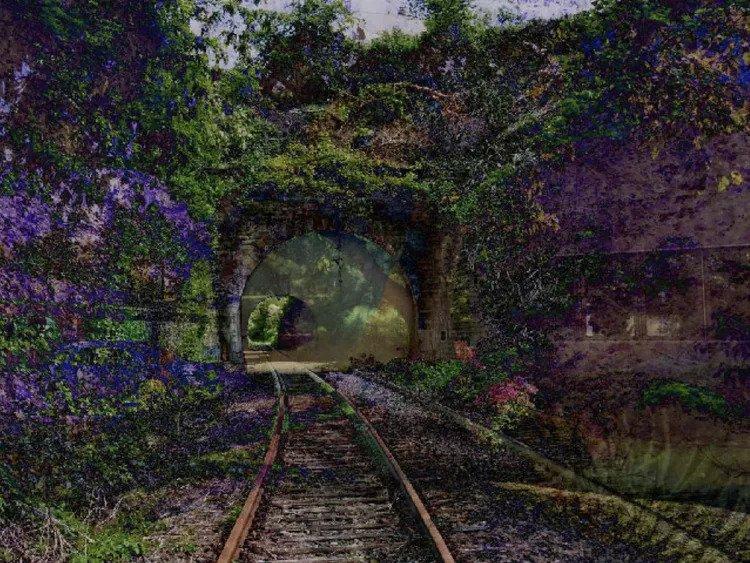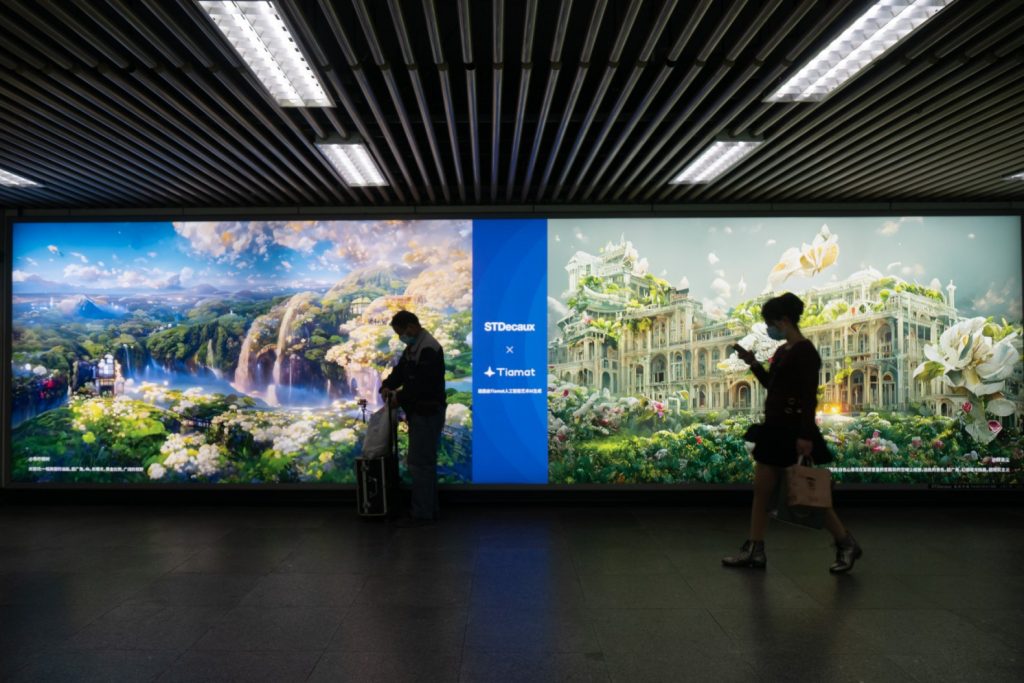Last Friday, a significant legal event transpired within the courtroom. The subject of deliberation pertained to the copyright status of artwork generated by artificial intelligence (AI). The genesis of this legal matter stemmed from a lawsuit brought against the United States Copyright Office by an individual named Stephen Thaler.
Thaler had fashioned a piece of art using a specialized algorithm known as the Creativity Machine. He sought to bestow upon this AI-generated artwork the protection afforded by copyright laws. He undertook multiple endeavors to secure copyright recognition for this artwork, which would entail designating the AI as the creator and himself as the proprietor. Regrettably, each of his petitions was met with disapproval from the Copyright Office.

Dissatisfied with the decisions, Thaler resorted to legal action against the Copyright Office, alleging an absence of equity and demanding a reversal of their rulings. However, when reviewed by Judge Beryl A. Howell, the court determined that Thaler’s stance did not hold.
Judge Howell articulated that artwork wholly crafted by AI, devoid of any human participation, do not warrant copyright designation. Traditional copyright principles necessitate an element of human ingenuity and intervention in the creative process. The judge noted historical instances wherein similar matters involving animals or supernatural occurrences were presented for copyright consideration but were ultimately dismissed.

Nevertheless, Judge Howell acknowledged the emergence of novel complexities at the intersection of AI and creativity, accentuating the employment of AI as a creative tool. This precipitates inquiries into the degree of human involvement requisite for copyright eligibility in cases involving AI.
The implications of this ruling have ignited discourse about the evolving landscape of copyright vis-à-vis AI-generated content. Stephen Thaler intends to challenge the court’s verdict, with his legal representative contending that the court’s interpretation of copyright law is amiss. Conversely, the United States Copyright Office stands in alignment with the court’s adjudication.
This judicial pronouncement is emblematic of a broader narrative wherein the realm of technology intersects with legal frameworks, engendering debates concerning creative authorship, ownership, and the interplay between innovation and regulation.


